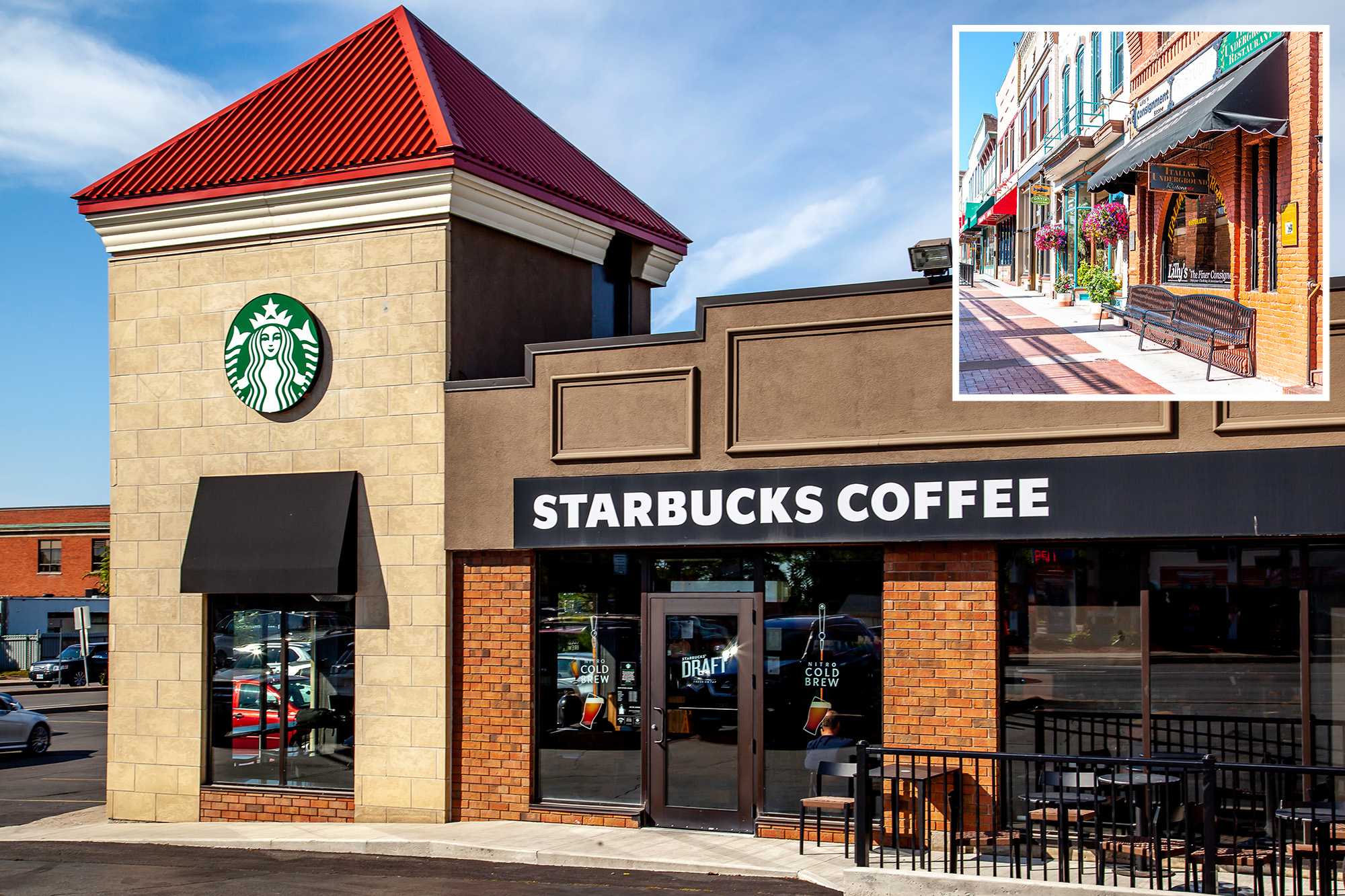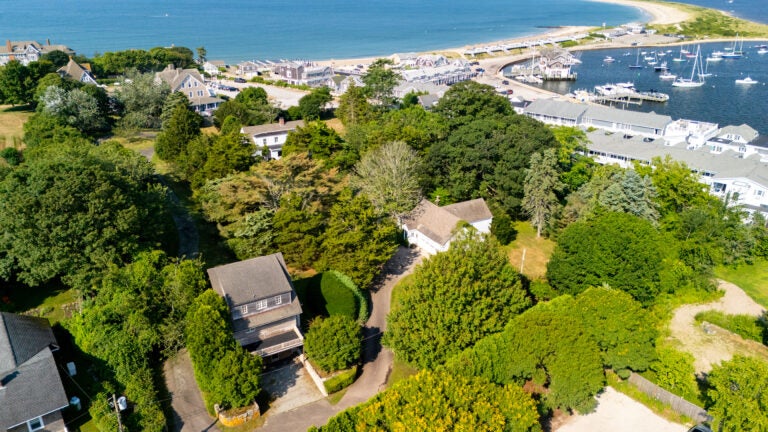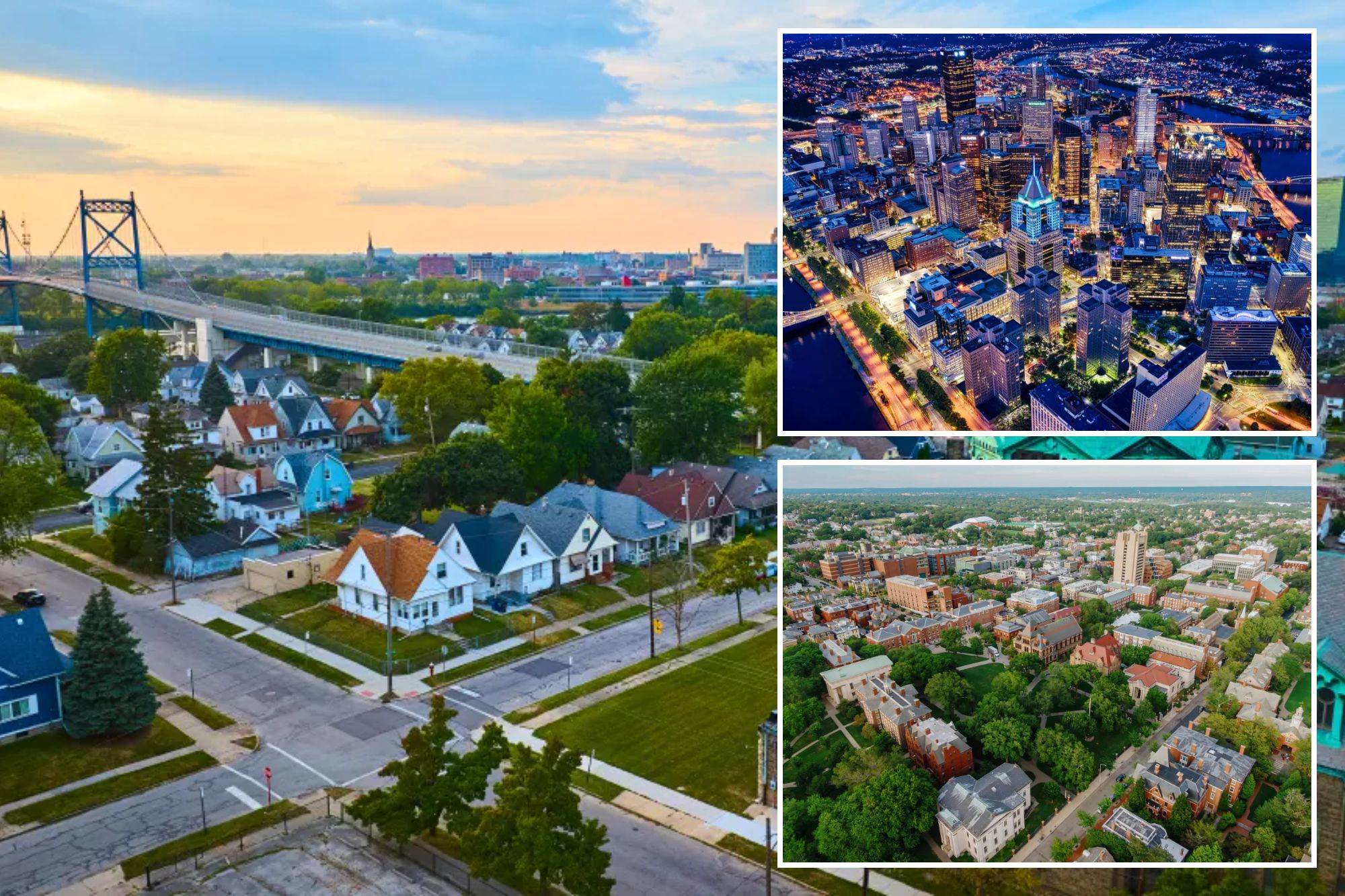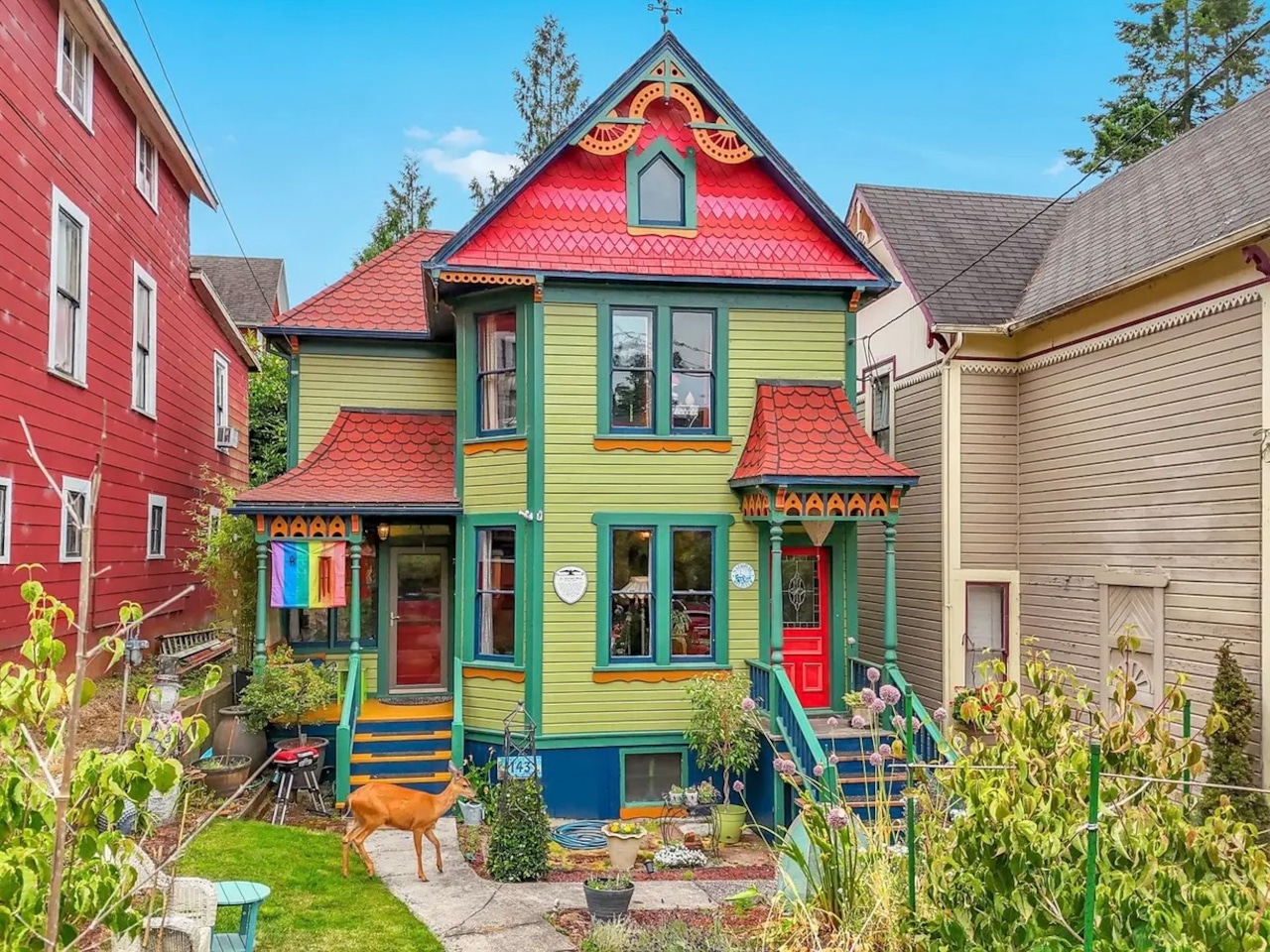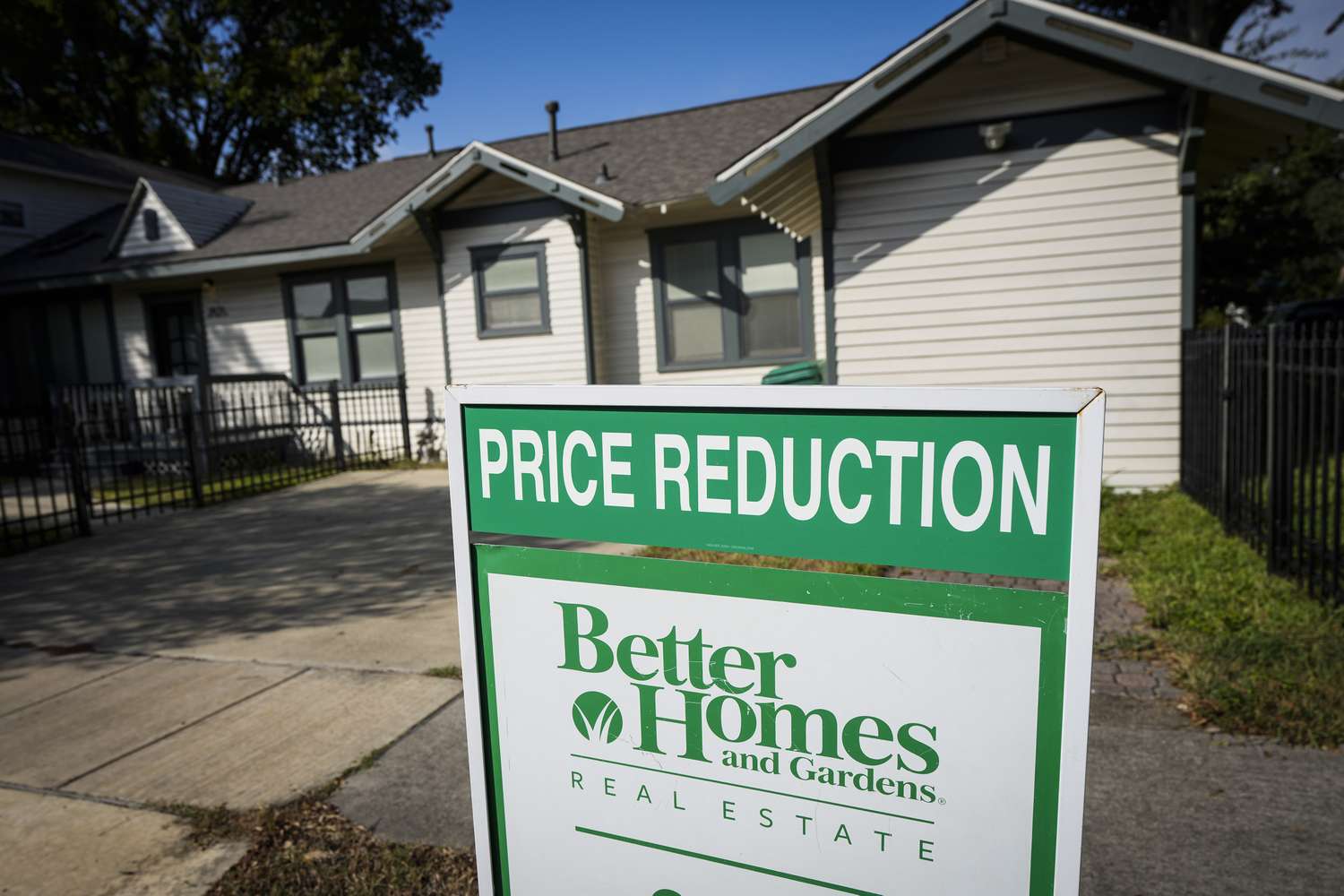A
cross the United States, Starbucks and Dunkin’ have become so common that they can often be found just a few steps apart. Yet in places like Ridgewood, New Jersey, where two Starbucks sit within a block of each other, locals still queue at independent cafés that serve pour‑over coffee, fresh pastries, and a sense of community.
New Jersey real‑estate broker Steph Mahon, owner of Dwell New Jersey, explains that buyers today are looking for more than just a house—they’re seeking a lifestyle that includes an authentic downtown experience. “It matters a lot,” Mahon says to Realtor.com. “Especially for people moving from the city. They want more space, but they also want to stay connected. A downtown that offers culture, convenience, and great small businesses is a top priority.”
Mahon's observations point to a broader trend: despite the presence of national chains, many neighborhoods are actively preserving the character of their local Main Streets. This loyalty to “Main Street” reflects a post‑pandemic mindset shift. After COVID‑19 disrupted daily life, the World Economic Forum’s concept of “The Great Reset” encouraged communities to rebuild with a focus on local, community‑driven economies. In suburban towns and small cities, that reset has meant residents doubling down on support for local businesses.
The result is vibrant commercial corridors filled with mom‑and‑pop shops, family‑run restaurants, and independent retailers. These walkable, tight‑knit downtowns, in turn, boost the local real‑estate market by increasing demand for properties near the center.
In Ridgewood and surrounding towns in Northern and Central New Jersey, buyer behavior reflects this preference. Mahon often sees clients willing to trade square footage or larger lots for proximity to a lively commercial hub. In some cases, that demand drives up property values. “In Chatham, for example, homes in Chatham Borough—smaller and on tighter lots—often sell for significantly more per square foot than those in nearby Chatham Township,” Mahon explains. “The Borough’s closeness to downtown shops and transit is something buyers are absolutely willing to pay for.”
What buyers truly want is variety and authenticity. Chains offer consistency, but they cannot replicate the character that local businesses bring. In towns where Main Streets are lined with unique coffee shops, artisan bakeries, and boutique stores, that diversity becomes a key selling point. “There’s a strong ‘support local’ mindset in many of these communities,” Mahon notes. “People are drawn to towns with personality. That energy comes from small businesses that are truly connected to the neighborhood.”
Conversely, a downtown saturated with quick‑service chains and lacking independent dining options can quickly lose its appeal. Buyers often express disappointment with commercial districts that offer little variety. While larger chains are still appreciated, the expectation is that big‑box stores or drive‑thrus should be located on the outskirts, allowing the town center to remain focused on community‑centered businesses.
Running a small retailer is challenging. High rents, limited foot traffic, and growing competition from online shopping create ongoing obstacles. Mahon believes success comes from staying engaged and adaptable. “The biggest mistake a small business can make is assuming people will come just because they opened their doors,” she says. “Retail doesn’t work that way anymore. Success comes from offering something memorable and giving people a reason to show up.”
As Chair of the Retail Advisory Board in Westfield, NJ, Mahon works directly with local business owners, offering free consulting and community insights. She finds that those who make the most of that support tend to thrive. “The owners who thrive are constantly looking for ways to improve their store, their service, their relationship with the community,” she says. “There is an opportunity here. Residents want to support local—they just need a reason to choose you.”
The symbiotic relationship between real estate and small business is becoming clearer to buyers who value Saturday‑morning coffee and weekend farmers’ markets as much as granite countertops or finished basements. The walkability and culture of a town’s Main Street can be a decisive factor in a home search. In today’s market, where lifestyle weighs just as heavily as location, towns that invest in their local economies may find themselves at a distinct advantage.
